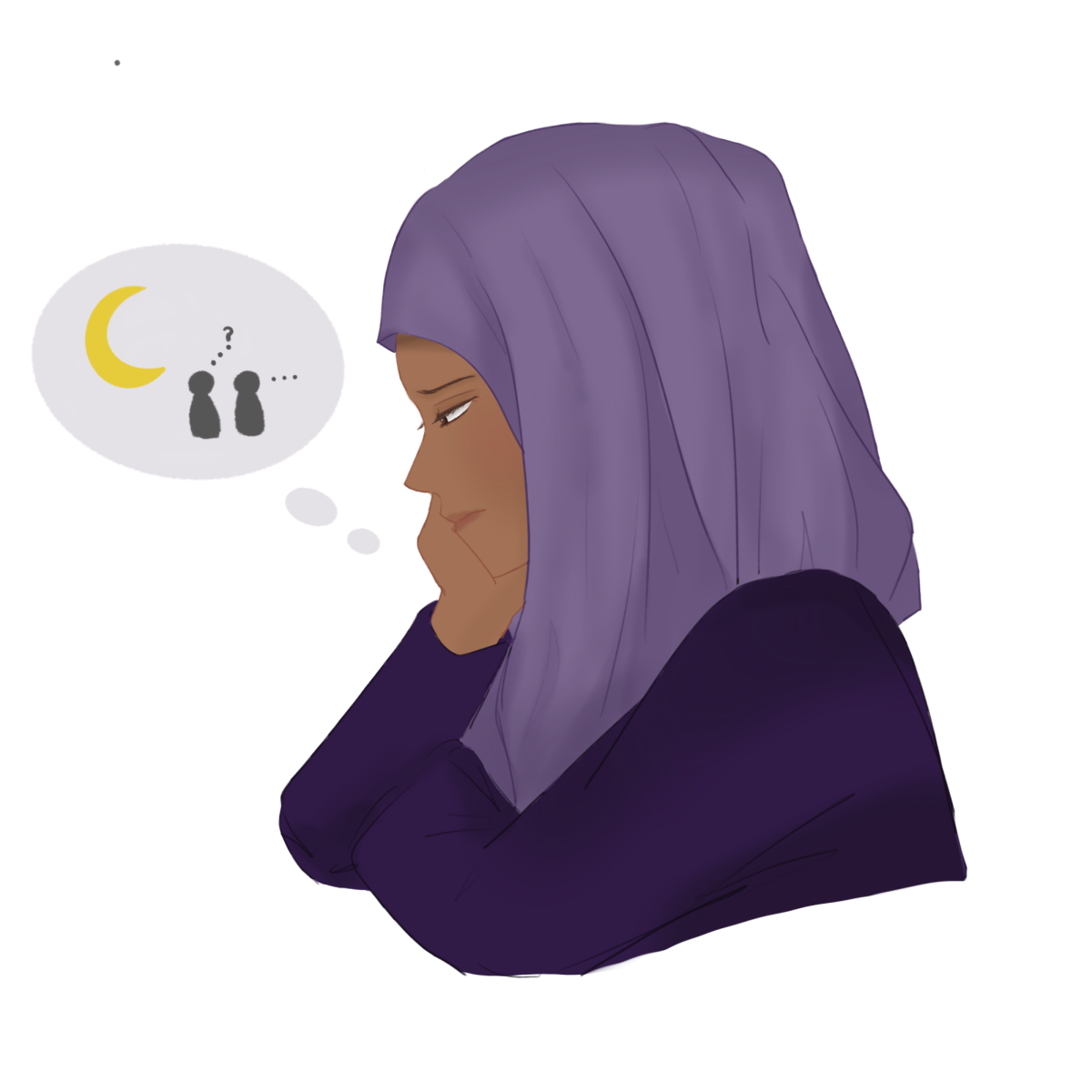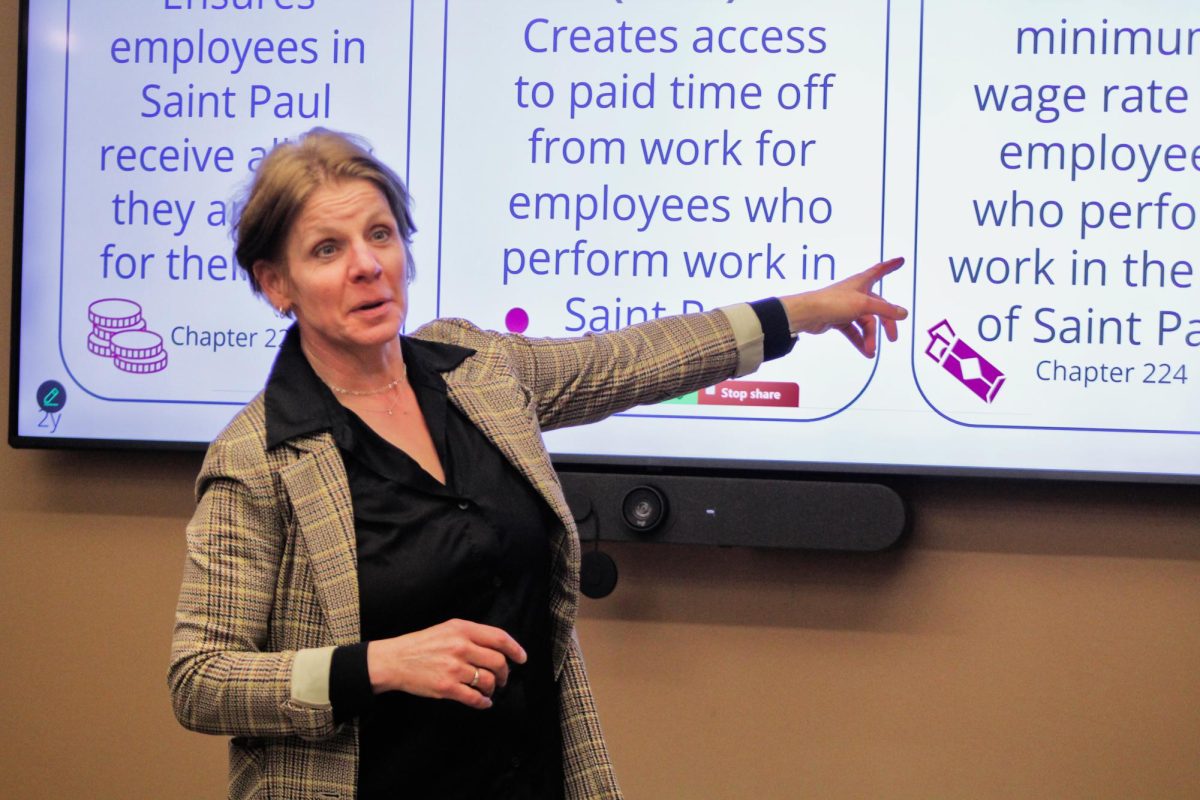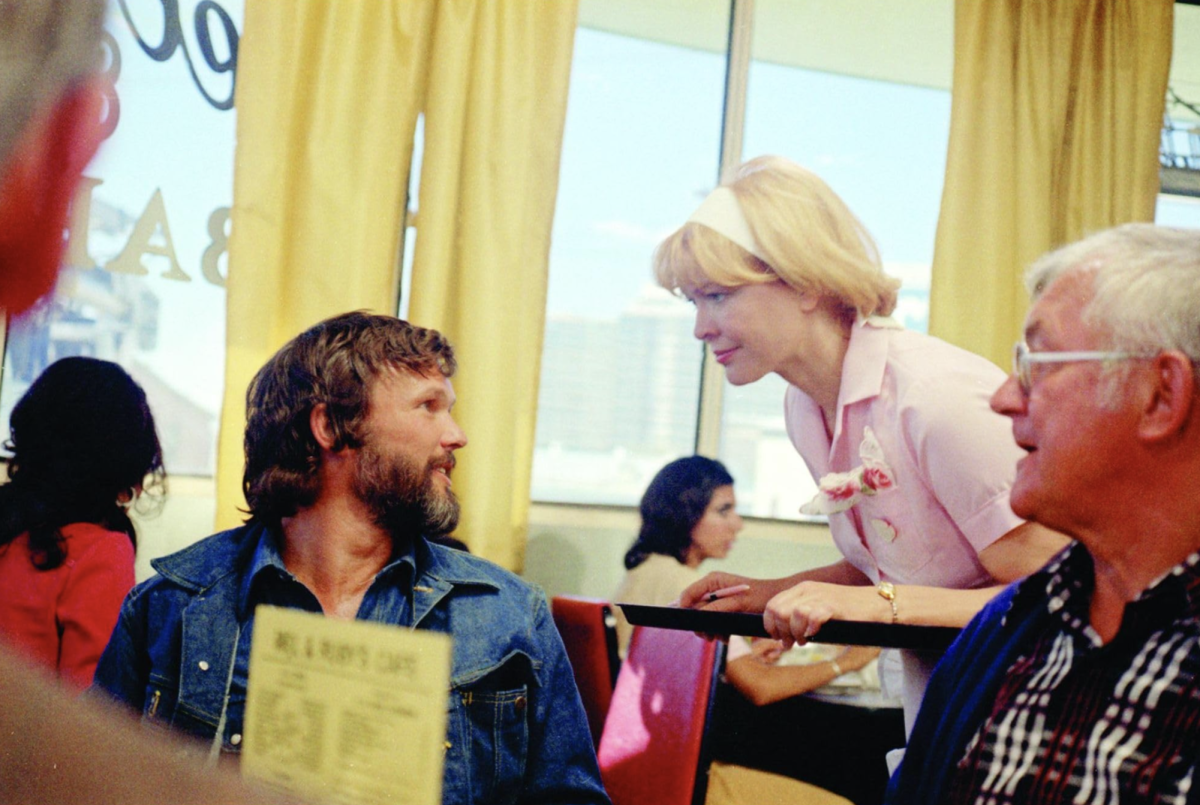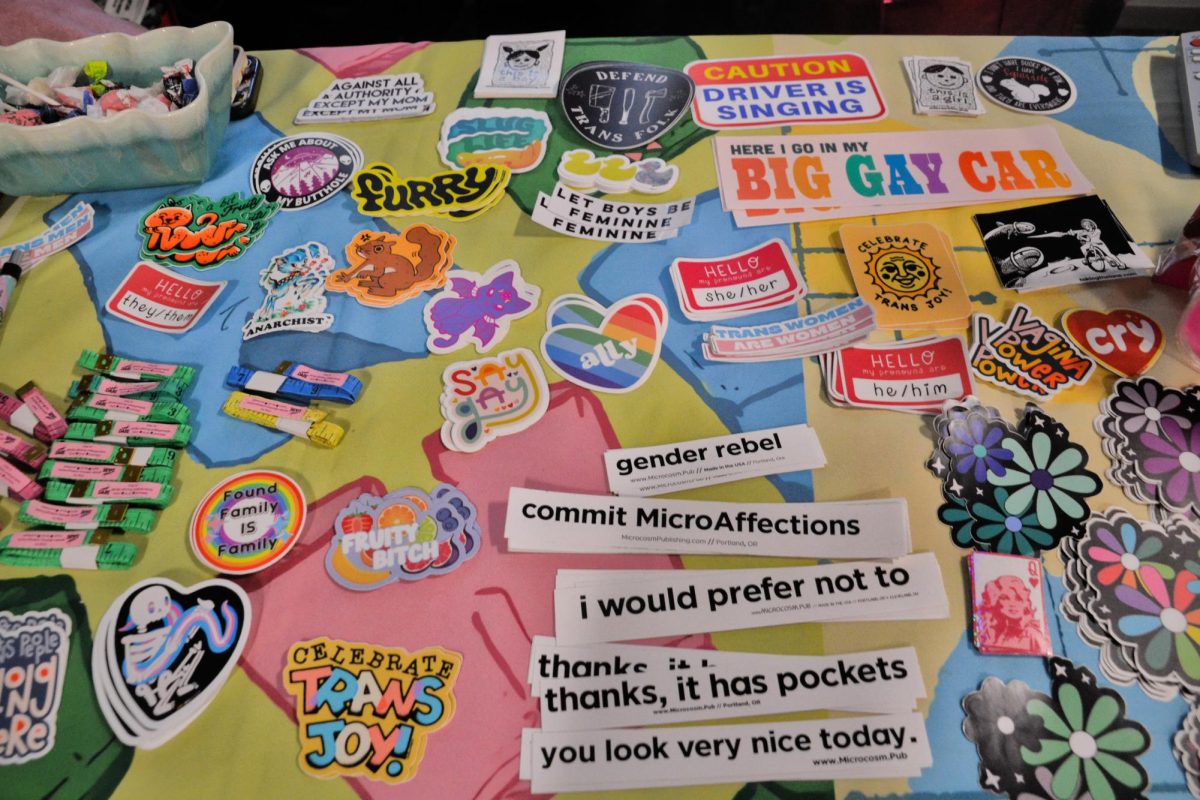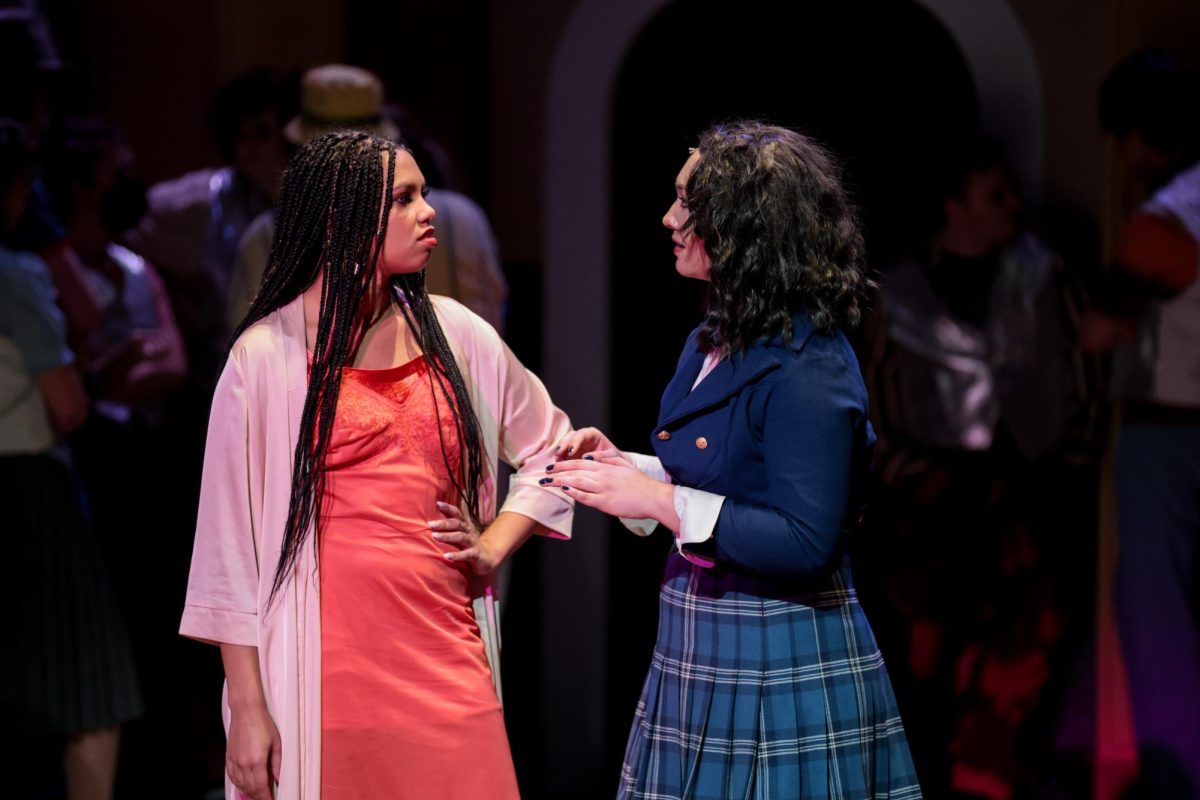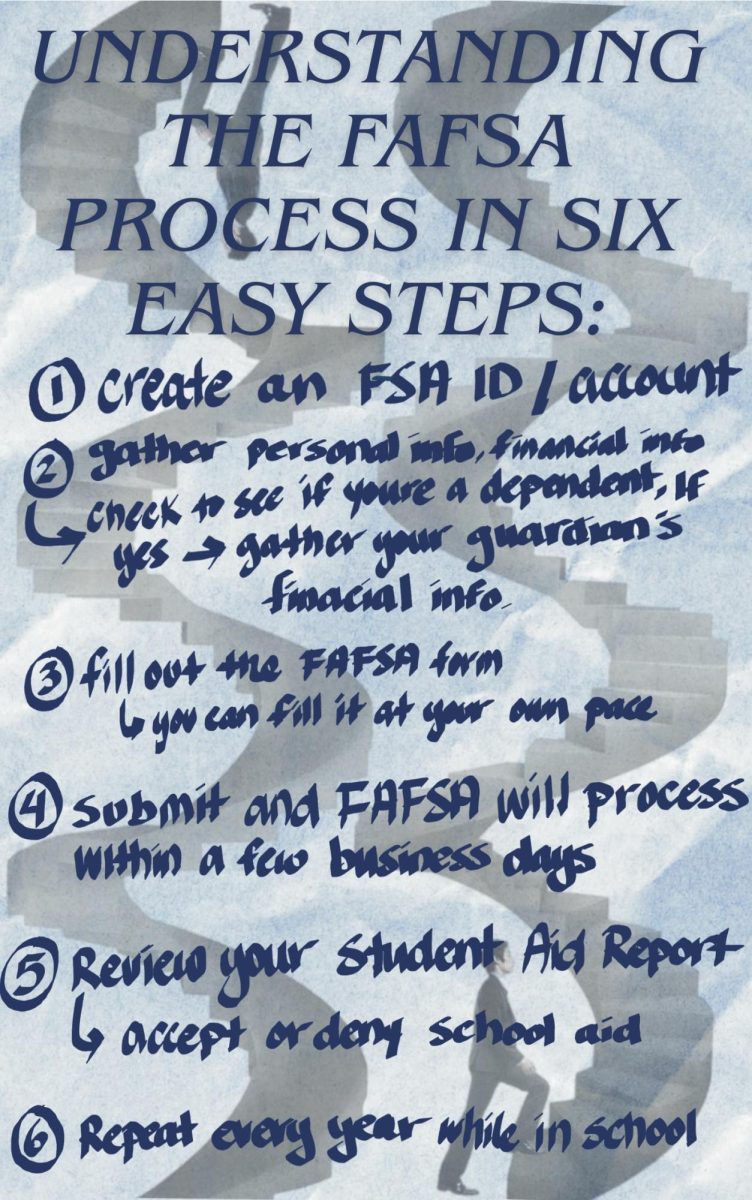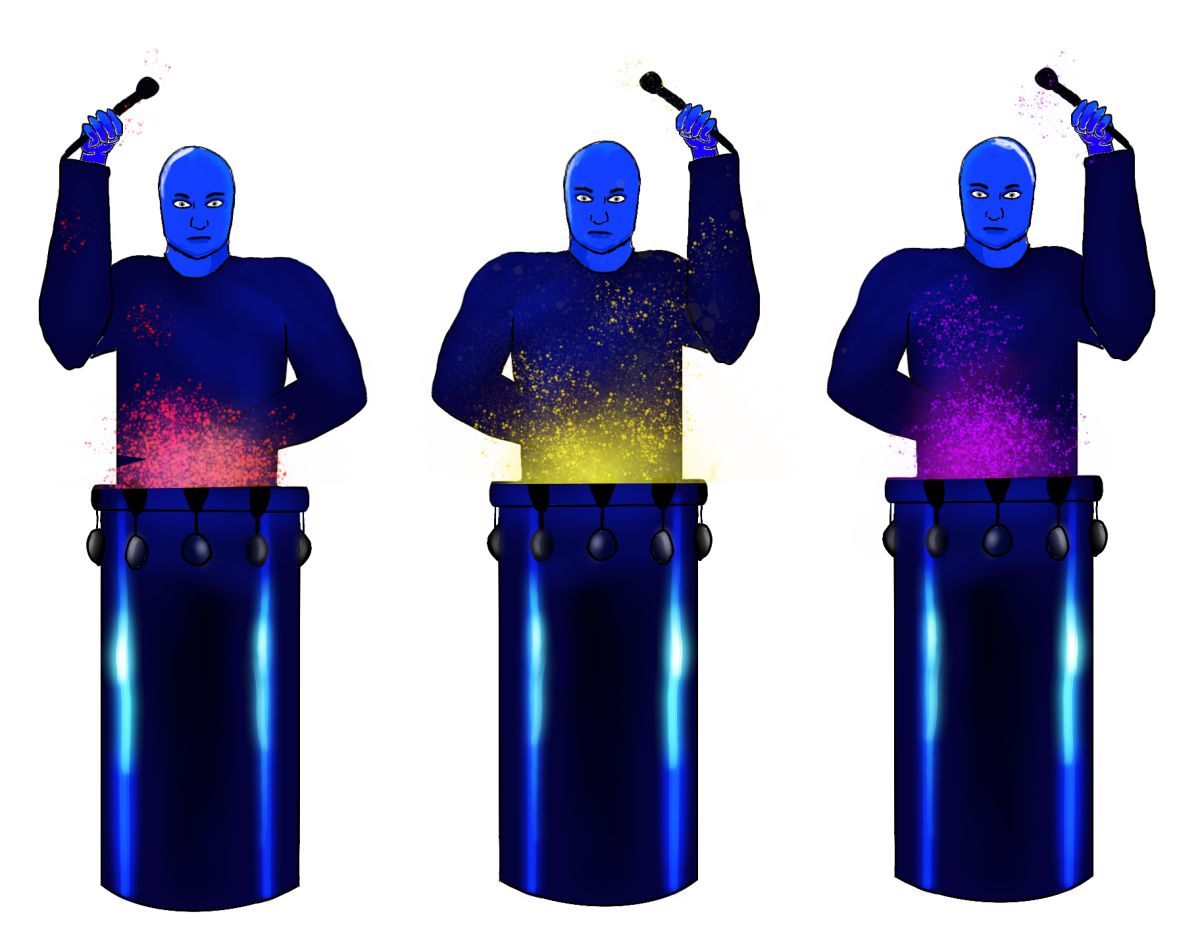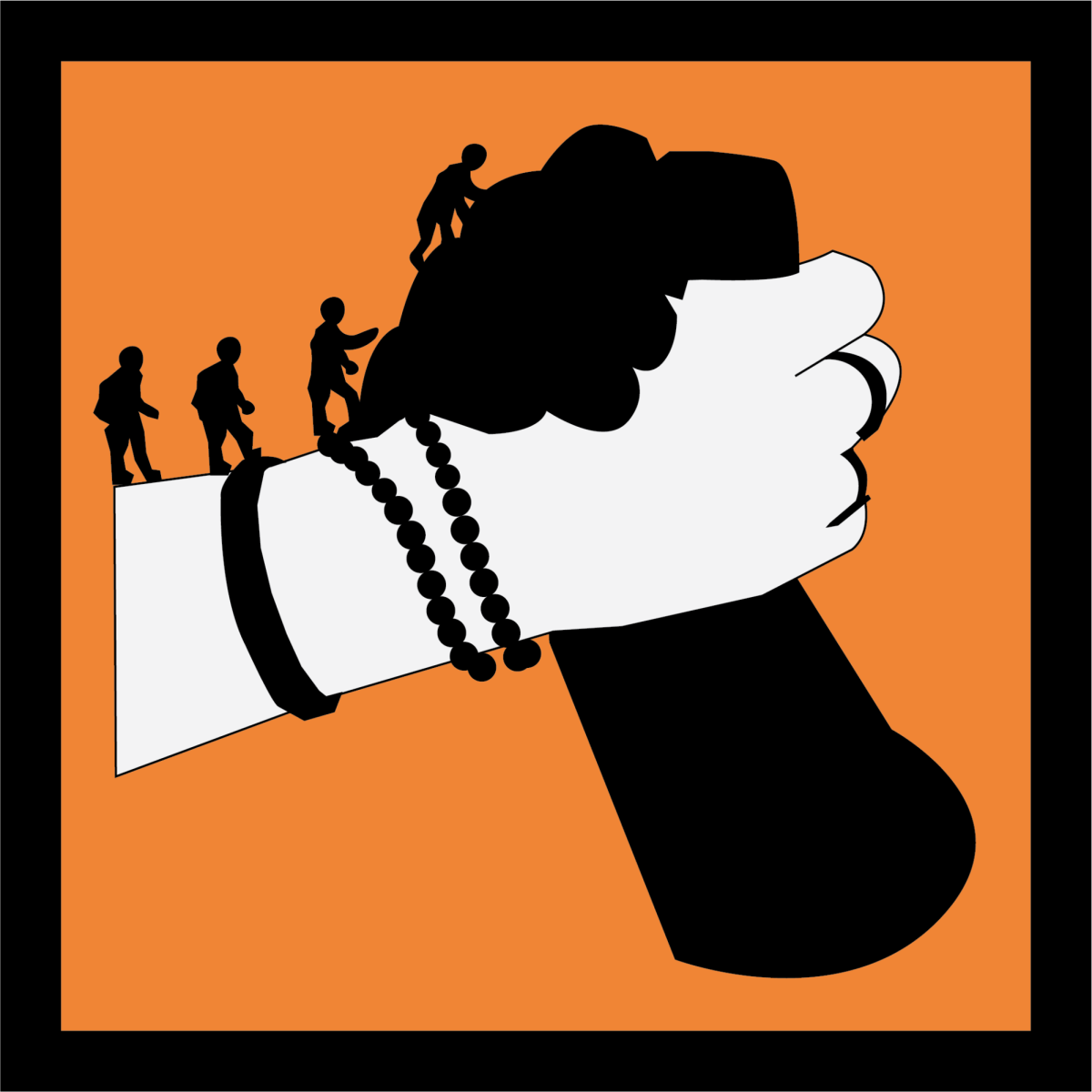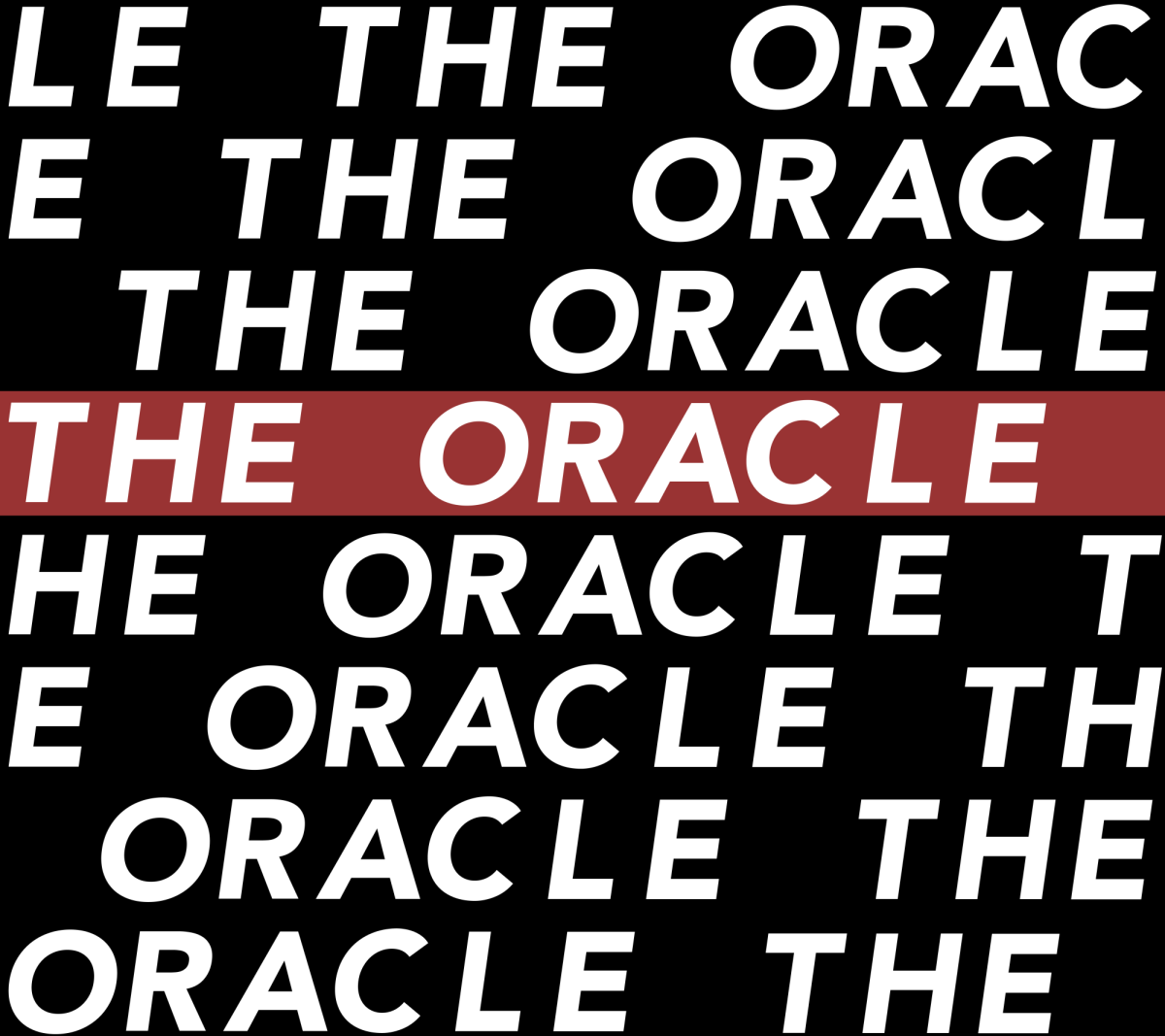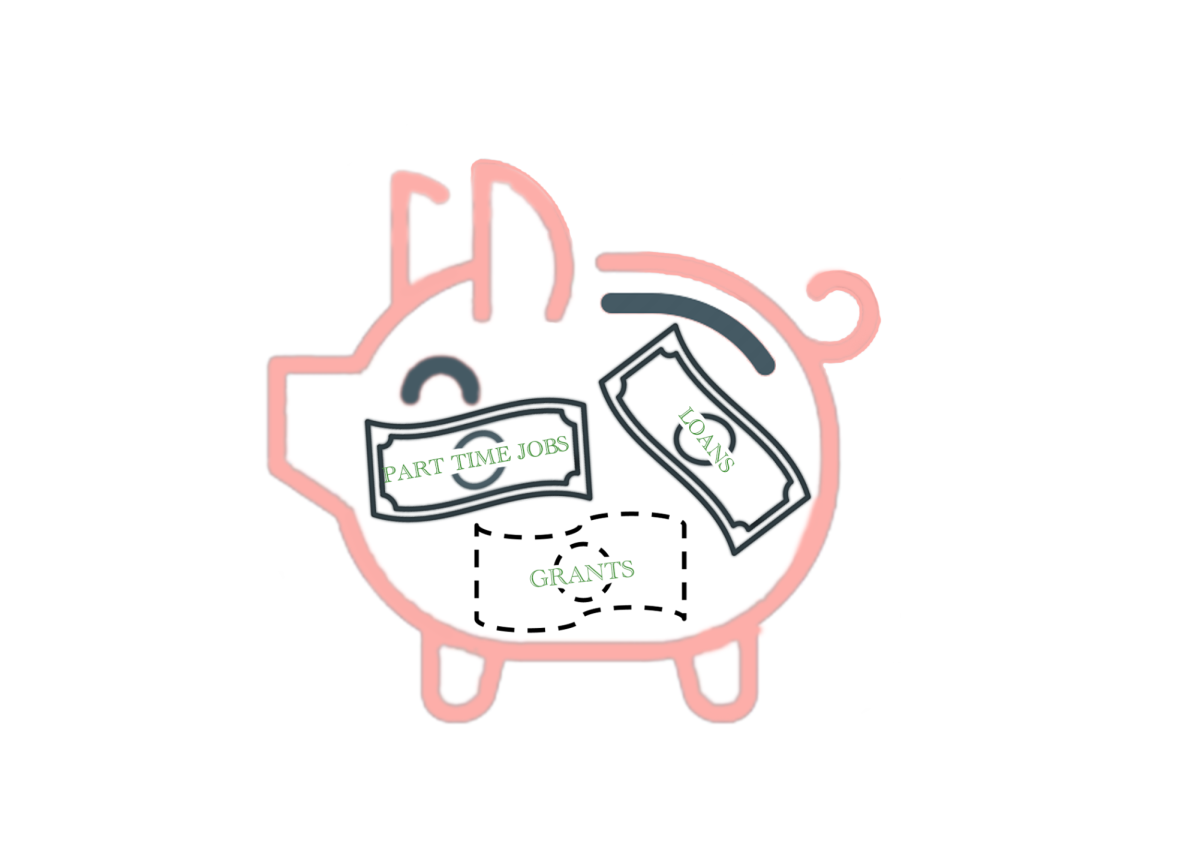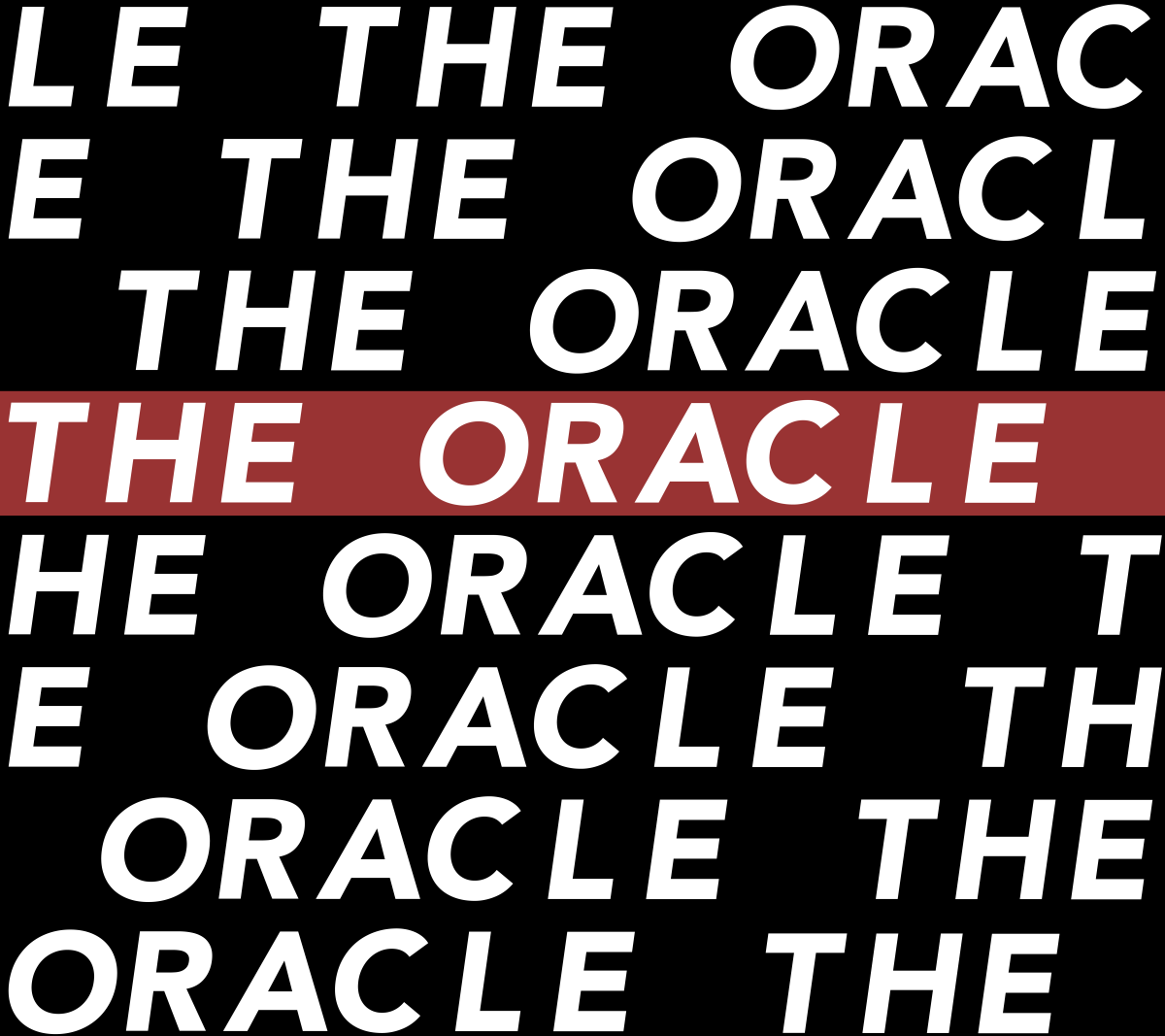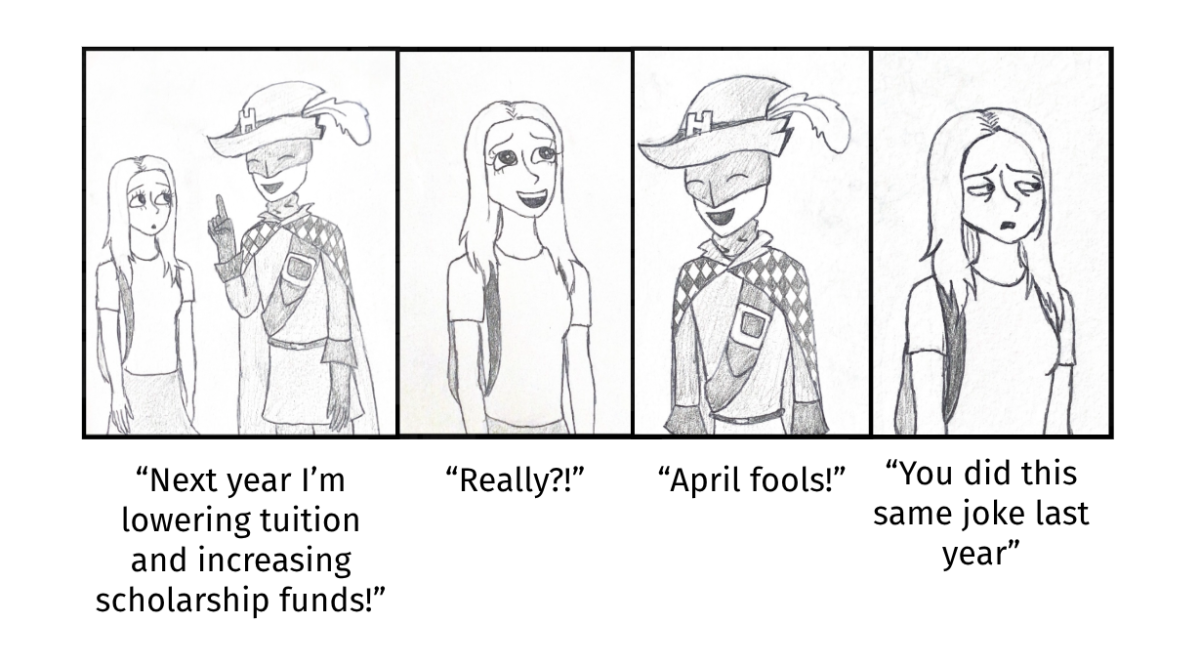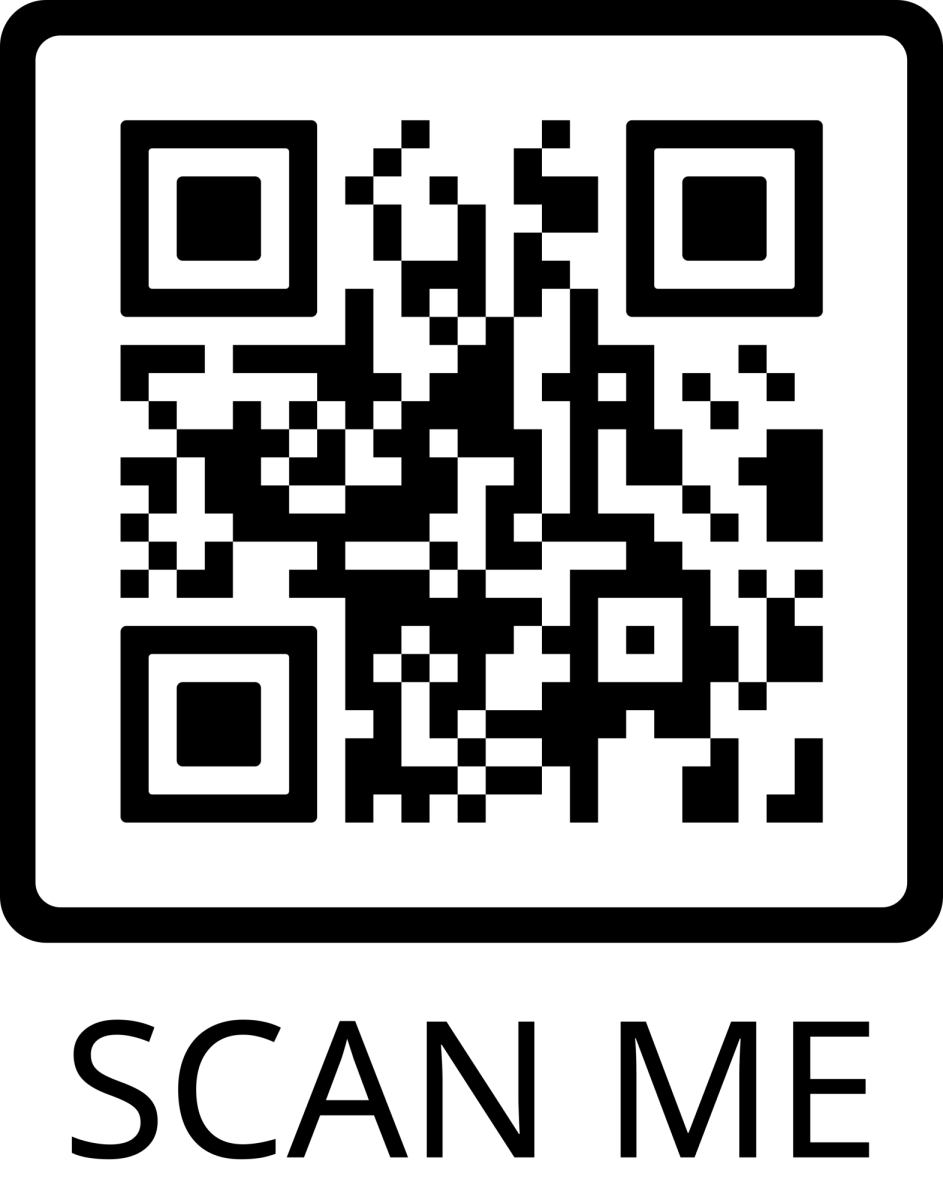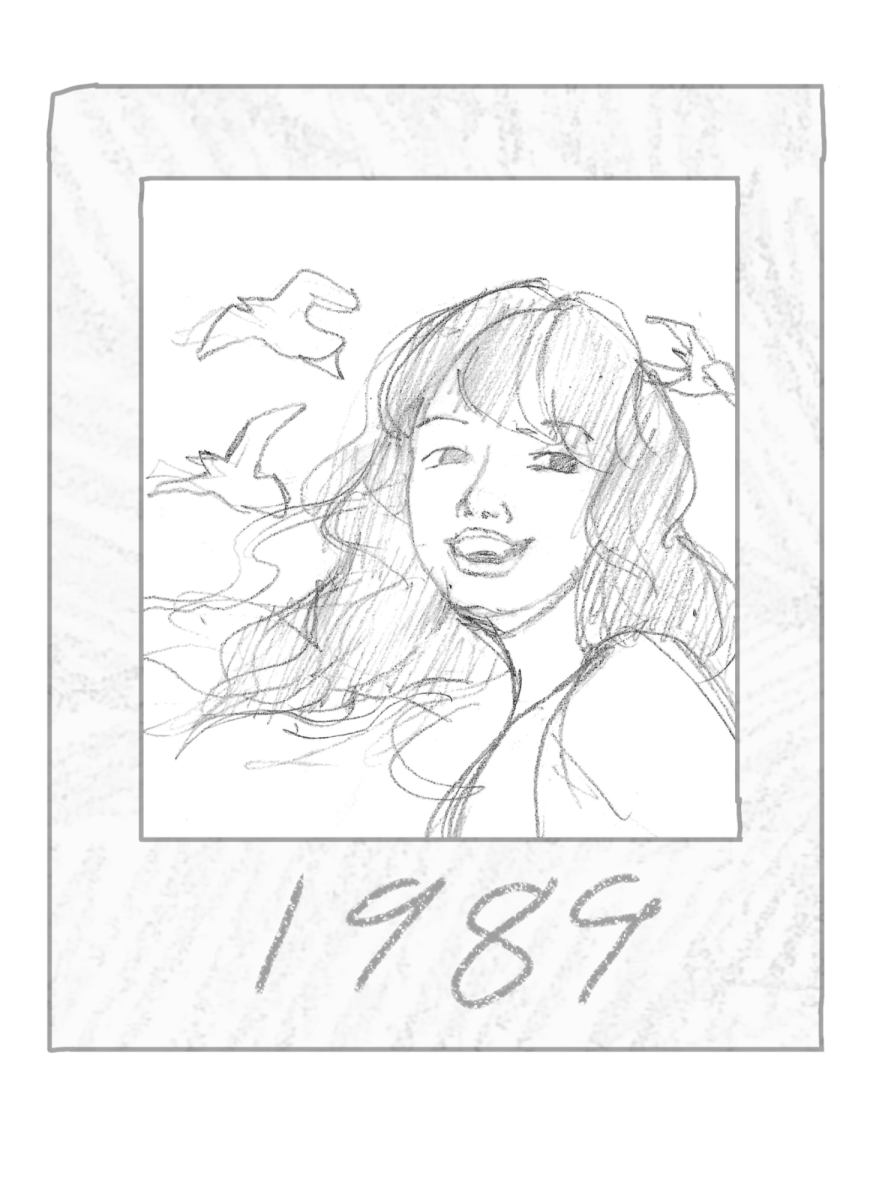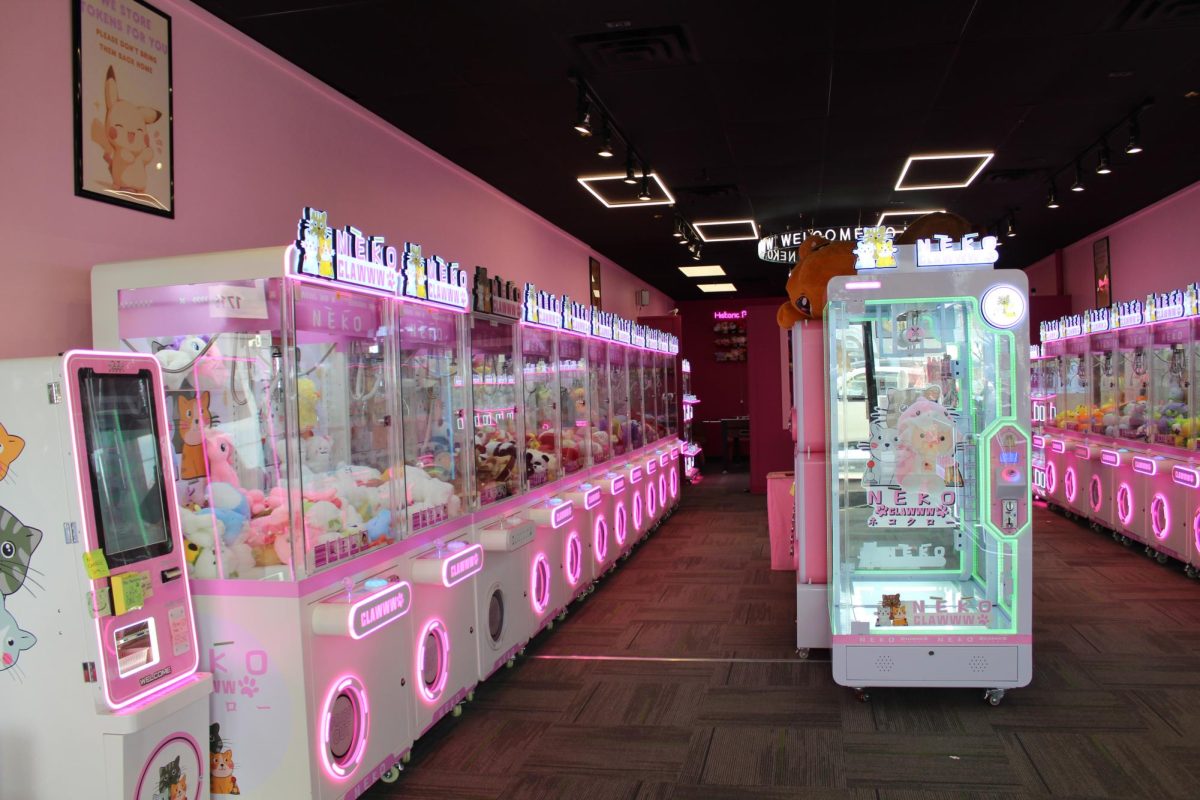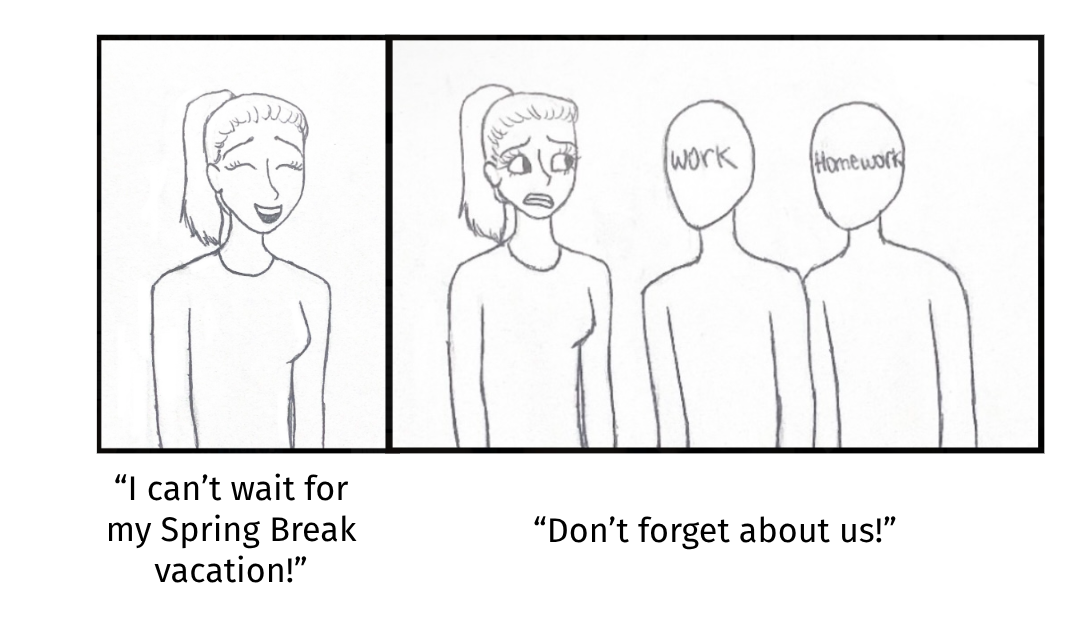Entering Ramadan at a predominantly white institution comes with challenges that many of my peers don’t realize exist. While fasting from sunrise to sunset is often the most visible aspect of Ramadan, it is far from the only one. Ramadan is about change, discipline, prayer, community and reflection.
One of the biggest challenges is constantly having to explain what Ramadan is, why I’m not eating, and yes — “not even water.” The question itself isn’t offensive, but hearing it over and over, sometimes from the same people, gets exhausting. There is an expectation that I should always be willing to educate others, but the reality is that I just want to go about my day without having to explain myself.
Even the most well-meaning comments can be frustrating. People will tell me, “I could never do that,” or act as if fasting is some kind of extreme hardship rather than an act of devotion that millions of people observe every year. While I appreciate curiosity, it can be isolating to feel like a spectacle rather than a student just trying to get through a long day of classes like everyone else.
Beyond the social aspects, the physical campus itself isn’t always accommodating. The university has one designated prayer room, but it isn’t always accessible, especially for students with back-to-back classes in buildings on the opposite side of campus. Many of us end up praying in empty classrooms, halls, or wherever we can find a quiet space. At a school that prides itself on diversity and inclusion, this is a simple yet important change that could make a real difference.
Microaggressions don’t stop during Ramadan either. If anything, they seem to increase. Wearing clothing like an abaya, during Ramadan or not, sometimes invites stares or unsolicited comments. I’ve had people tell me I look “so fancy” or “so different today,” as if any other clothing I wear isn’t just another expression of myself. Fasting also seems to bring out strange remarks. People commenting on how "miserable" I must be, or worse, making jokes about eating in front of me as if it’s some great challenge to my willpower. These interactions are not new to me. They have followed me through high school and now into college. At a certain point, it is not just about curiosity — it is about how little effort people put into understanding the world beyond their own experiences.
Despite all of this, Ramadan remains a grounding force. It is something important to me and a month I look forward to each year. I will always continue to practice my faith, even in spaces where it sometimes feels invisible. Accommodations like additional prayer spaces, and better cultural awareness wouldn’t just make Ramadan easier for Muslim students — they would signal that diversity here goes beyond numbers and actually translates into meaningful inclusion.
At the end of the day, people need to recognize that I, and many others, exist — and that our experiences, needs, culture, religion and traditions matter just as much as anyone else’s.
The true reality of celebrating Ramadan at Hamline
Fenani Ahmed, Opinion Editor
March 3, 2025
Categories:
Story continues below advertisement
0
More to Discover

